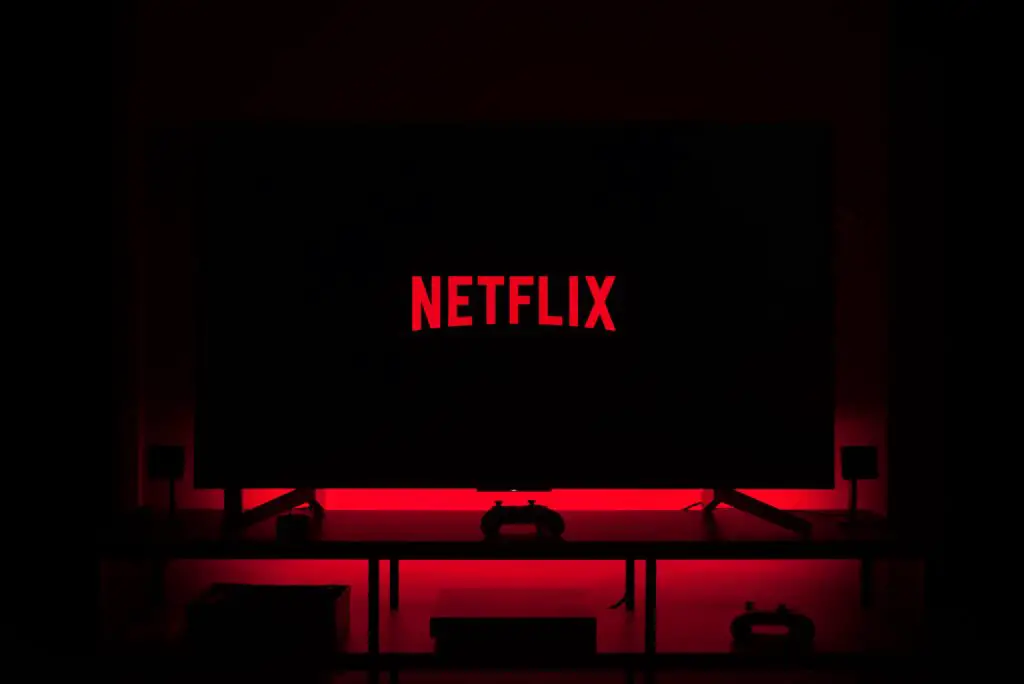This article may contain affiliate links. For details, visit our Affiliate Disclosure page.
Introduction
Netflix has become a household name in the entertainment industry, with millions of subscribers worldwide. However, one of the most frustrating aspects of the streaming service is the frequent cancellation of critically acclaimed shows. Fans of shows such as The OA, Sense8, and One Day at a Time have been left disappointed and confused by Netflix’s decision to cancel these beloved series. In this post, we will explore why Netflix cancels so many good shows, and what factors go into the decision-making process.

The Business of Streaming
Netflix is a business, and like any business, its primary goal is to make a profit. While the streaming service has enjoyed immense success in recent years, it faces intense competition from other streaming services such as Hulu, Amazon Prime Video, and Disney+. To stay ahead of the competition, Netflix must constantly innovate and provide fresh content to keep its subscribers engaged.
One of the ways that Netflix achieves this is by using data to make decisions about which shows to produce and which ones to cancel. The streaming service collects massive amounts of data on its subscribers, including what shows they watch, how long they watch them, and what other content they engage with. This data is then used to make decisions about which shows to renew and which ones to cancel.
The Cost of Production
Producing a television show is an expensive undertaking. From hiring a cast and crew to securing filming locations and special effects, the costs can quickly add up. For Netflix, the cost of producing a show is even higher due to its global reach. Shows that are produced for a worldwide audience must be translated into multiple languages and localized for different regions, which adds to the production costs.
When a show fails to meet the expected viewership numbers, the cost of production can become a significant financial burden for the streaming service. If a show is not generating enough revenue to cover its production costs, Netflix may decide to cancel it in order to cut its losses.
Changing Audience Tastes
Audience tastes and preferences can change rapidly, and what was popular one year may not be popular the next. In order to stay relevant and appeal to a wide audience, Netflix must adapt to changing audience tastes and provide content that reflects those changes.
For example, the rise of true crime documentaries and docuseries in recent years has been a response to changing audience tastes. Shows such as Making a Murderer, The Keepers, and Tiger King have been wildly successful on the streaming service, and have paved the way for other true crime content.
However, this can also mean that shows that were once popular may no longer be as relevant or appealing to audiences. When this happens, Netflix may decide to cancel a show in order to make room for new content that better reflects changing audience tastes.
The Role of Critics
Another factor that can impact whether a show is cancelled or renewed on Netflix is the opinion of critics. While critical acclaim does not necessarily guarantee commercial success, it can be an indicator of a show’s potential to attract and retain viewers.
When a show receives positive reviews from critics, it can generate buzz and attract new viewers to the platform. On the other hand, if a show is panned by critics, it may struggle to find an audience and generate revenue for the streaming service.
However, it is important to note that the opinion of critics is just one factor in the decision-making process. Ultimately, Netflix must weigh critical acclaim against other factors, such as production costs and viewership numbers, in order to make a decision about whether to cancel or renew a show.
Viewer Engagement
One of the key metrics that Netflix uses to determine whether to renew or cancel a show is viewer engagement. The streaming service collects vast amounts of data on its subscribers’ viewing habits, and this data is used to determine which shows are popular and which ones are not.
When a show has a large and engaged fan base, it is more likely to be renewed for additional seasons. Fans who engage with a show on social media, attend fan events, or otherwise show their support for the show are sending a message to Netflix that the show has a dedicated audience that is invested in its success.
However, it is important to note that viewer engagement is not the only factor that Netflix considers when making renewal decisions. The streaming service must also consider factors such as production costs, audience demographics, and the competitive landscape in order to make an informed decision about whether to renew a show.
Conclusion
In conclusion, the decision to renew or cancel a show on Netflix is a complex one that involves a variety of factors. While critical acclaim and viewer engagement are important considerations, the financial realities of producing a television show and the need to stay ahead of the competition also play a significant role.
Fans of cancelled shows may be disappointed, but it is important to remember that Netflix is ultimately a business that must make decisions based on data and financial considerations. As the streaming service continues to evolve and adapt to changing audience tastes and preferences, it will be interesting to see how the decision-making process evolves and what factors come to the forefront in determining which shows are renewed and which ones are cancelled.
